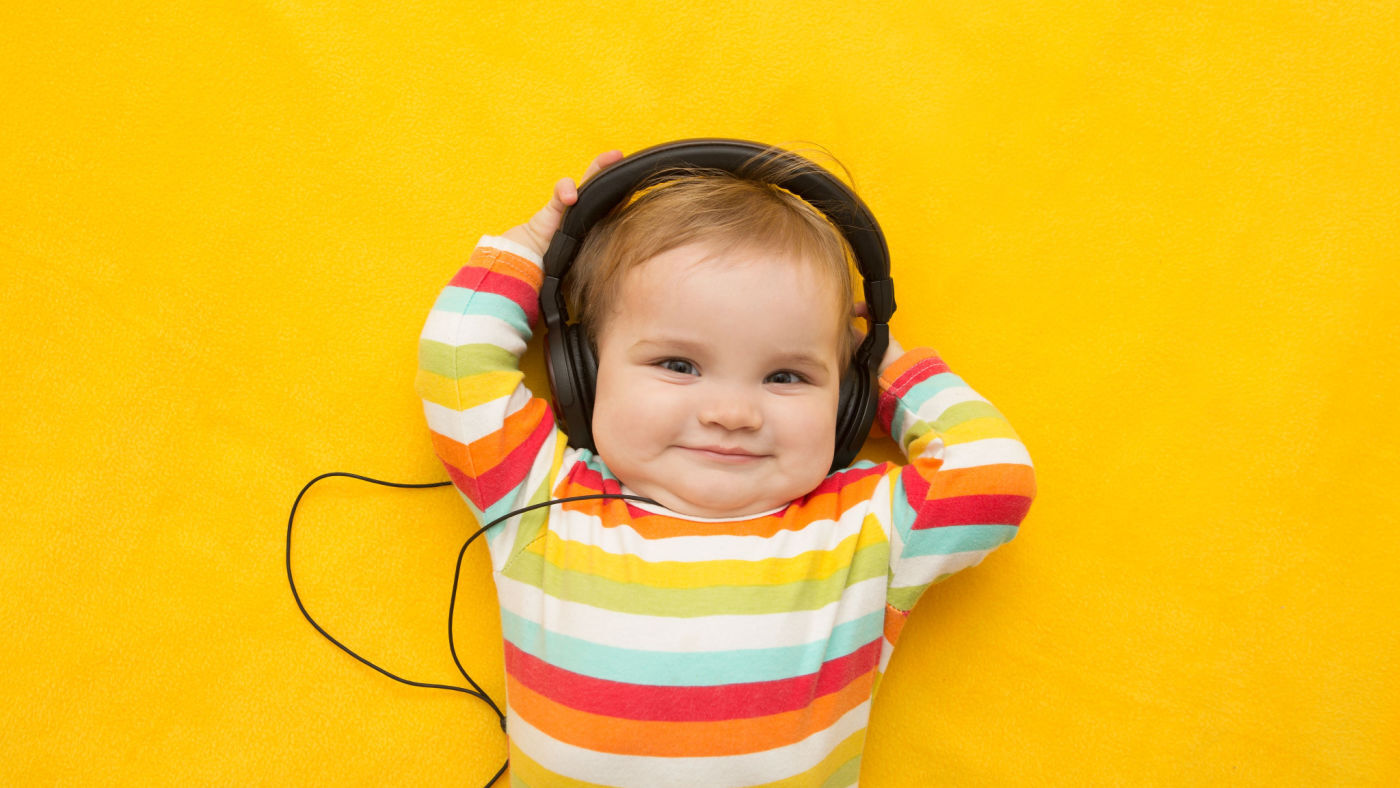Does listening to classical music make your toddler more intelligent?

Some people believe that a baby and toddler who listens to classical music will become more intelligent. However, this has been found to be FALSE.
Where did this idea come from?
In 1993, a psychologist named Francis Rauscher carried out an experiment[1] on college-aged students which found that when some of them listened to Mozart’s Sonata before an exam, they were more likely to score higher on spatial reasoning. The media at the time jumped on this and something called the ‘Mozart effect’ was born.
The Mozart effect refers to the illusion that when children listen to classical music, it makes them smarter. Many marketers and businesses jumped onto this bandwagon and created toys, CDs and classes all based on this assumption. However, the original experiment only contained 36 college-aged students; results were said to be temporary (around 15 minutes); and it only related to the improvement of mental tasks, such as solving puzzles (spatial reasoning).
Is there really a Mozart effect?
A few years later, other research[2][3] found that they were unable to replicate the effect and concluded that there was little to no evidence of a Mozart effect. Even Rauscher is thought to have stressed that his original research didn’t mention any effect on a child’s intelligence.
The importance of music
Since then, there has been research[4][5][6] into the effects of music on young children, and it is known to have many benefits, such as:
- Supporting speech and language development
- Stimulating brain connections
- Supporting mathematical development
- Supporting the development of reading and writing
But this is not exclusively related to one genre of music. Any music – from pop, rock, classical or blues right through to nursery rhymes – is thought to support healthy development.
References:
[1] Rauscher, FH., et al. (1993). Music and spatial task performance. Nature. 365 (6447) p.611. Accessed: https://www.nature.com/articles/365611a0 [Accessed 14.09.2022]
[2] Chabris,C. (1999). "Prelude or requiem for the 'Mozart effect'?". Nature. 400 (6747) p. 826–827. Accessed: Prelude or requiem for the 'Mozart effect'? - https://www.nature.com/articles/23608 [Accessed 14.09.2022]
[3] Steele, K. M.; Bella, S. D.; Peretz, I.; Dunlop, T.; Dawe, L. A.; Humphrey, G. K.; Shannon, R. A.; Kirby, J. L.; Olmstead, C. G. (1999). "Prelude or requiem for the 'Mozart effect'?" Nature. 400 (6747) p827–828. https://www.nature.com/articles/23611 [Accessed 14.09.2022]
[4] Brandt A, et al. (2012). Music and early language acquisition. Frontiers in Psychology. https://www.ncbi.nlm.nih.gov/labs/pmc/articles/PMC3439120/ [Accessed 14.09.2022]
[5] Bergee M. et al. 2020. Multilevel models of the relationship between music achievement and reading and math achievement. Journal of Research in Music Education. https://journals.sagepub.com/doi/10.1177/0022429420941432 [Accessed 14.09.2022]
[6] Lordier L. et al. 2019. Music in premature infants enhances high-level cognitive brain networks. PNAS. https://www.ncbi.nlm.nih.gov/labs/pmc/articles/PMC6575179/ [Accessed 14.09.2022]